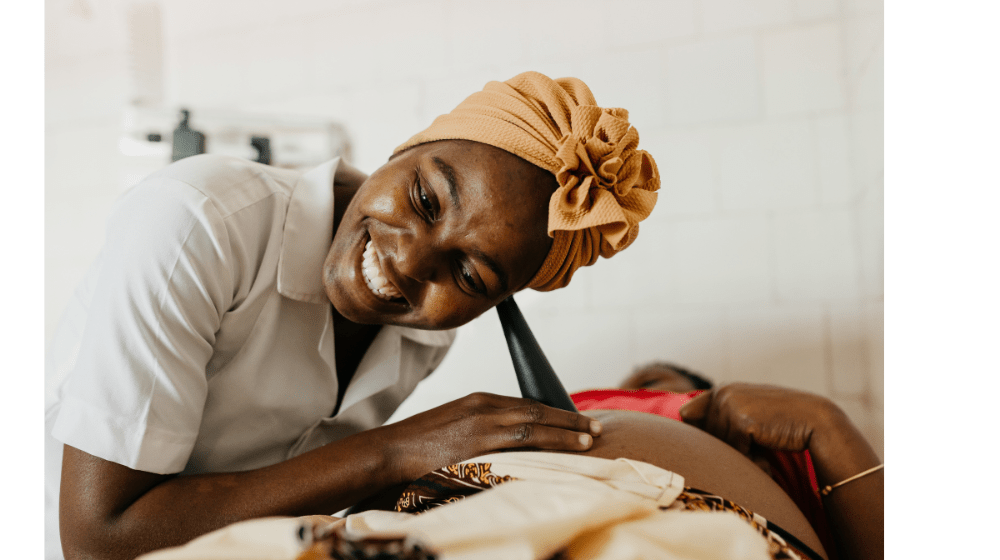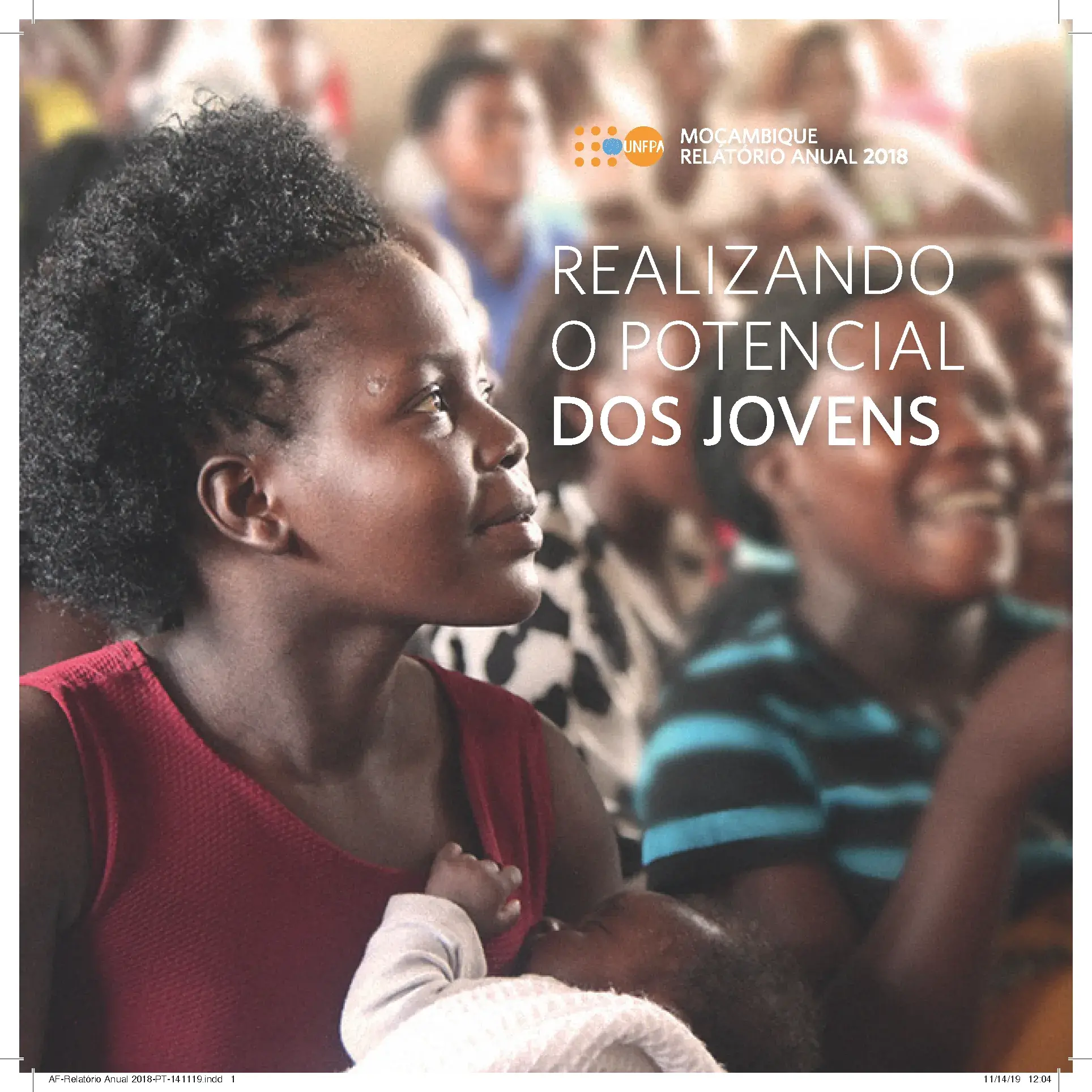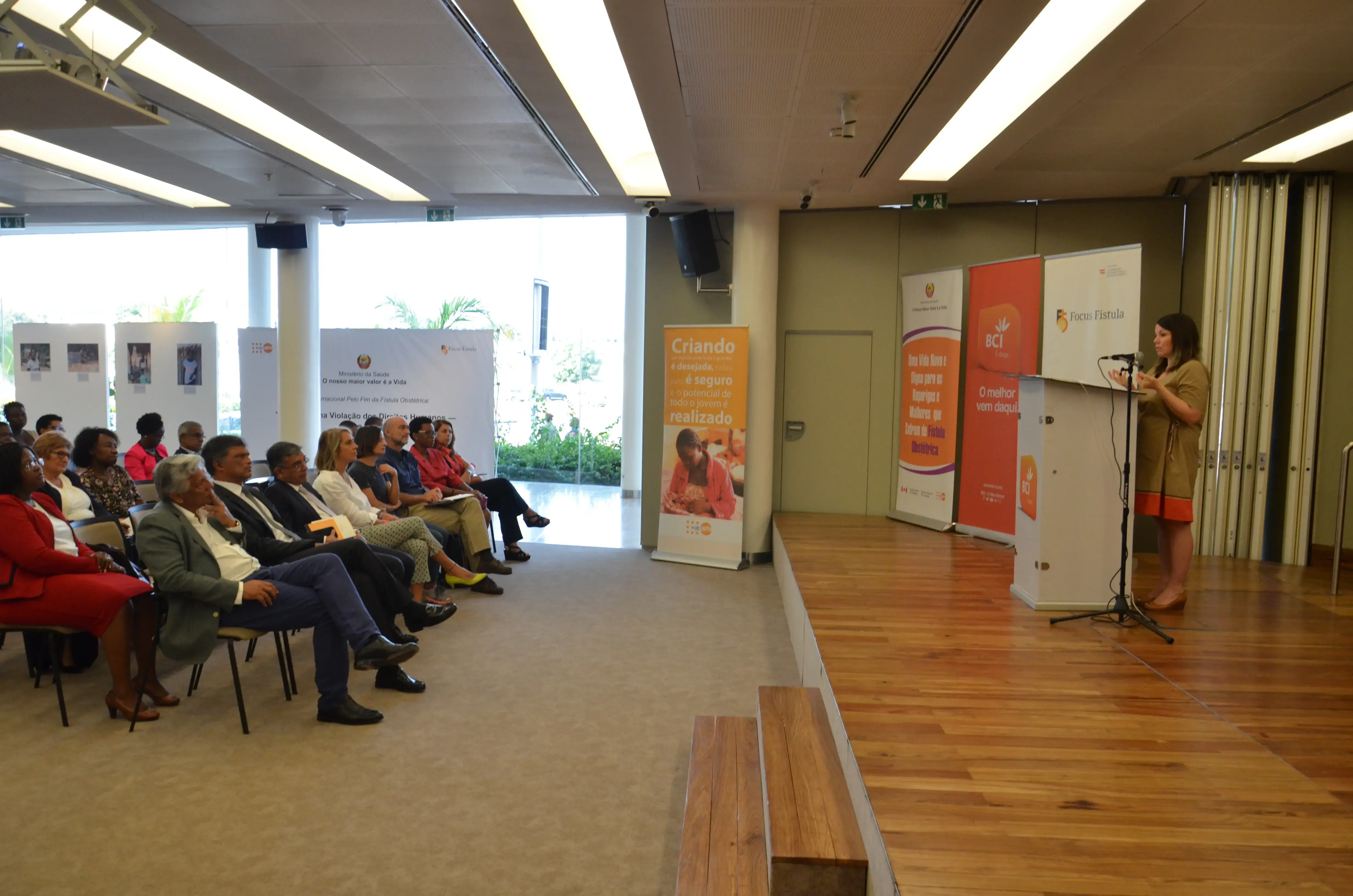“Our health center in Paquitequete [Cabo Delgado] recently received a locked cabinet to store our medicines, including contraceptives. This allows us to conserve the medicine more safely. Before we stored them in cardboard boxes where they could get destroyed, ” shared Maternal and Child Health (MCH) Nurse, Laurinda Namacala.
The Northern region of Mozambique has been affected by conflict and earlier cyclones which have greatly disrupted health systems and impacted the health infrastructure, leaving many health facilities in the province either closed down or partially functional and unable to offer comprehensive sexual and reproductive health services.
Current estimates indicate that nearly one million people are internally displaced, 80% of whom are women and children (OCHA, June 2022). More broadly, some 1.5 million people (from both displaced and host communities) are in need of life-saving and life-sustaining humanitarian assistance in 2022, including the 360,000 women of reproductive age who are at risk of not accessing sexual and reproductive health services if no support or action is taken (MISP, UNFPA 2022).
Critical to providing continued and timely access to life-saving sexual and reproductive health services is restoring and equipping health facilities and supporting personnel, like MCH Nurse Laurinda, with the support needed to provide quality services to those most vulnerable.
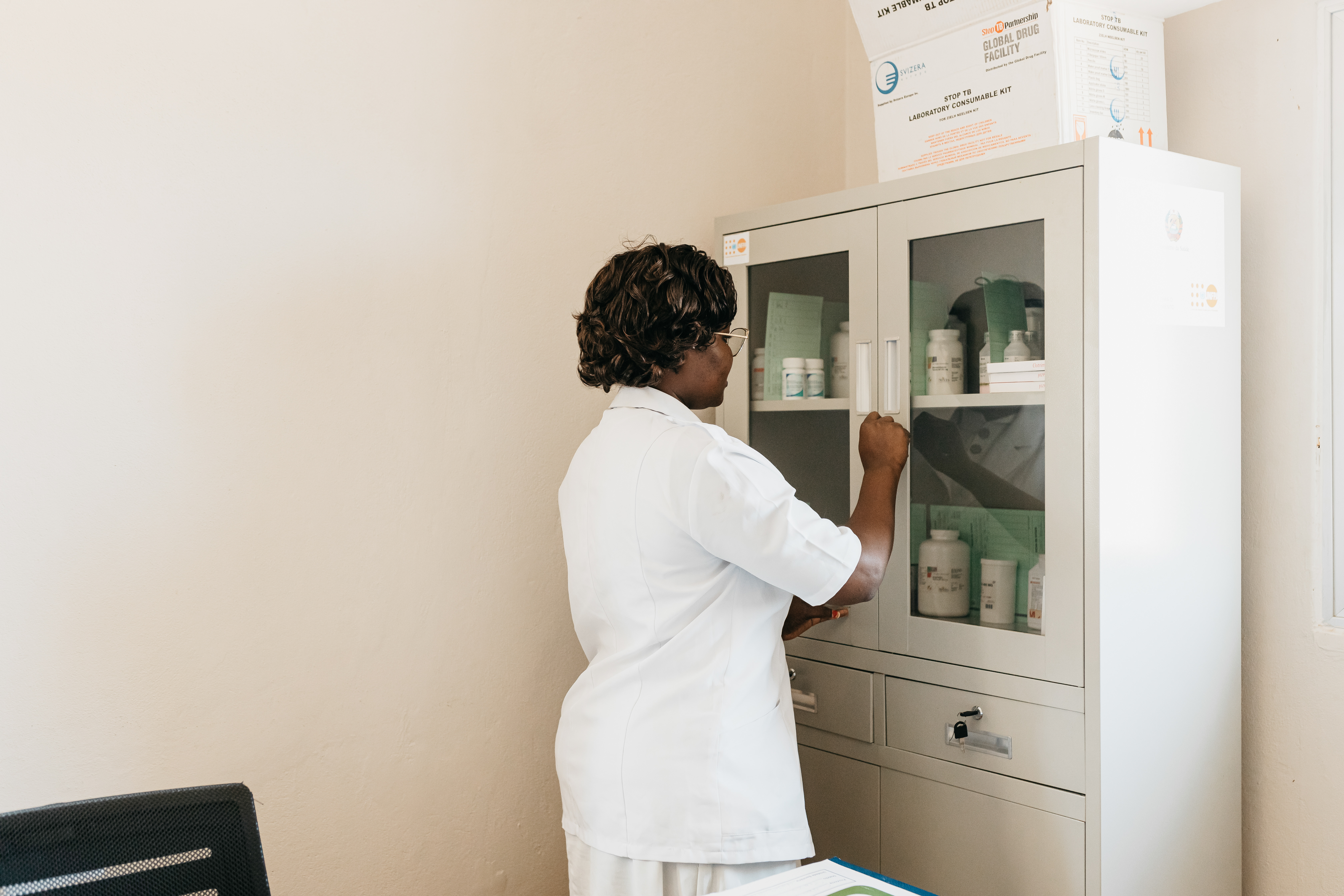
To increase support for conflict-impacted women and girls, a project funded by the Government of Austria is underway, working to ensure continuity of and timely access to quality life-saving sexual and reproductive health and gender-based violence prevention and response services for women and girls.
Throughout the project, more than 59,000 women and girls in the Northern provinces of Cabo Delgado and Niassa have been directly reached through mobile brigades, which provide essential services, including family planning information and services, pre-and post-natal consultations, gender-based violence screening, case referral, and other essential services.
After receiving office material through UNFPA from the Austria-funded project, another nurse, Angelina Ernesto of the Provincial Committee of Evaluation of Maternal Mortality at the Provincial Hospital of Cabo Delgado, shared:
“We thank [them] for continuing to double their efforts day after day to improve our activities to support our nurse colleagues in improving the quality of services and reducing maternal and newborn mortality in Cabo Delgado province.”
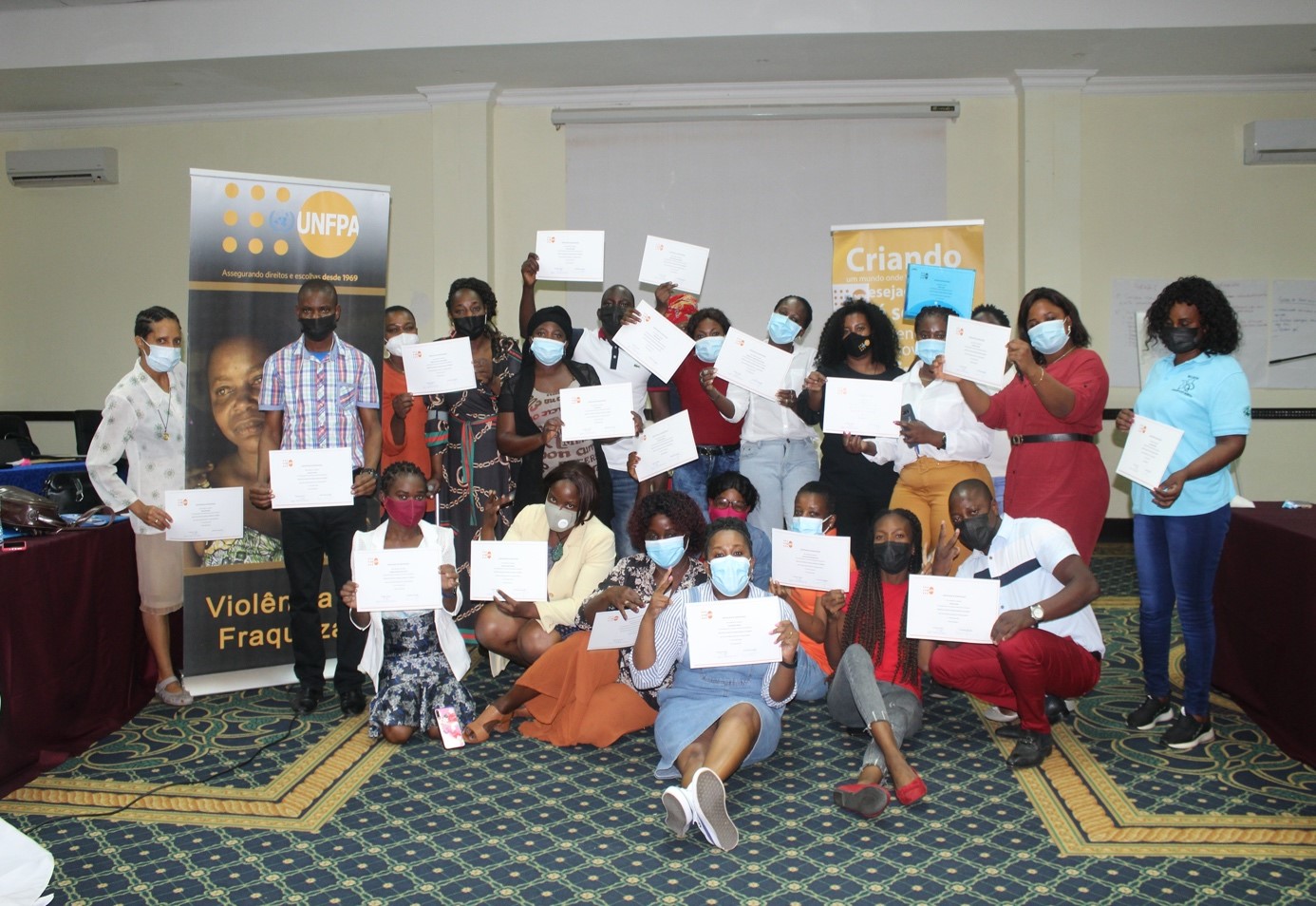
Project efforts also trained local implementing partners on gender-based violence case management, who are now equipped to provide psychosocial support and facilitate referrals to other essential GBV services, such as health and safety and security.
Moreover, more than 59,000 women and girls in Cabo Delgado and Niassa have received a form of contraception through the services mentioned above and 36 cases of gender-based violence were efficiently managed by newly trained case managers, to date.
With the 1,000,000 Eurosfrom the Austrian Government, UNFPA and its implementing partners are supporting the Government to scale-up life-saving sexual and reproductive health and gender-based violence services for the most vulnerable women and girls in the north.
Continued support is vital for nurses, like Laurinda and Angelina-, the trained activists and case managers, to do what they do best: offer safety, protection, support, and choice, particularly amidst a humanitarian crisis.

